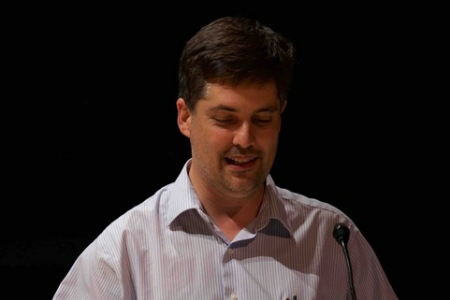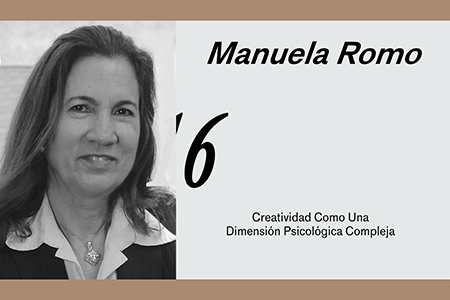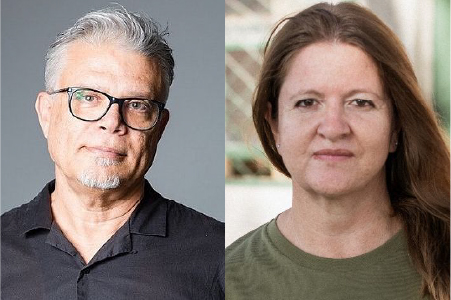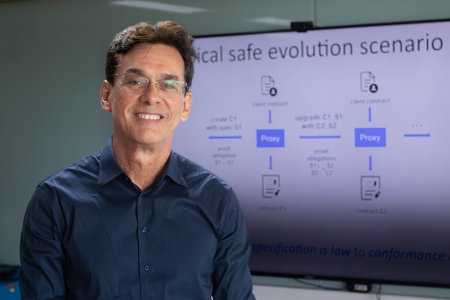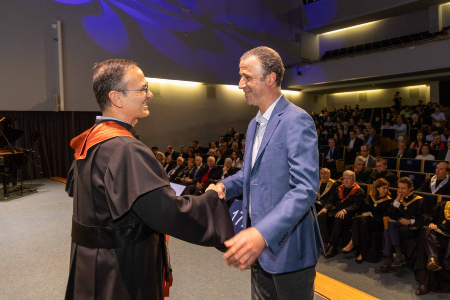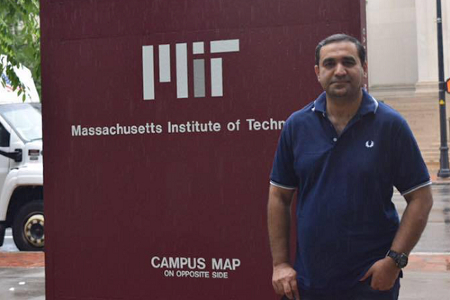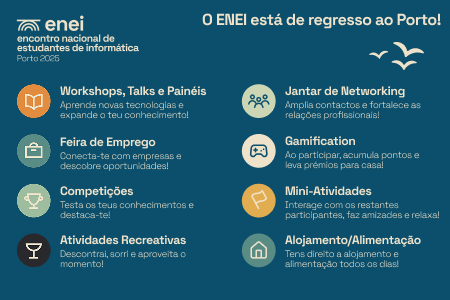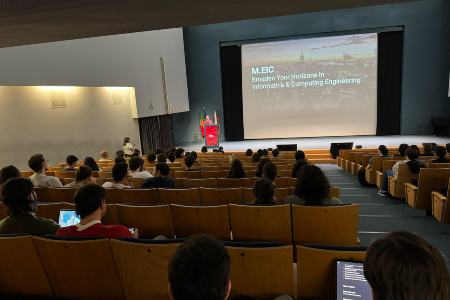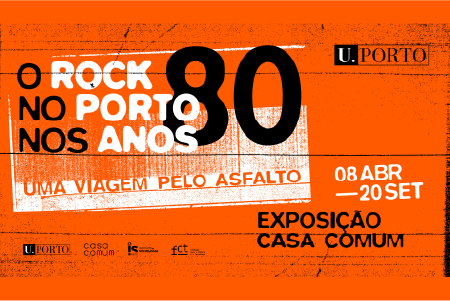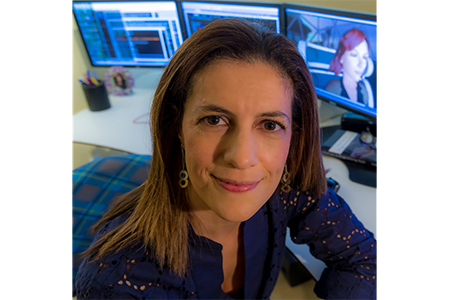The talk “Designing New Interfaces for Musical Expression: Opportunities and Challenges” will be presented on the 4th of June, at 16:00, in room B018, moderated by Gilberto Bernardes de Almeida (DEI).
Abstract:
“Computer music has a compelling history, with initial attempts to perform computer-generated music live dating back several decades. Performing sounds generated by computers presents numerous opportunities and challenges for musical expression. Though virtually any sound can be synthesized and performed arbitrarily without the inherent physical constraints of strings, membranes, and columns of air, this freedom poses unprecedented challenges to instrument designers, composers, musicians, and concertgoers.
In this talk, I will discuss the design and use of several new interfaces developed at the Input Devices and Music Interaction Laboratory at McGill University, ranging from self-contained digital musical instruments and prosthetic interfaces for dance performances to fMRI-compatible electronic instruments used in neuroscience studies. I will highlight the unique context and challenges of each development, showcasing the critical importance of interdisciplinary research in this field. Finally, I will present an overview of the Centre for Interdisciplinary Research in Music Media and Technology (www.cirmmt.org), a leading research centre established 25 years ago, focusing on sound and music, based in Montreal, QC, Canada. CIRMMT’s mandate is to eliminate the barriers between disciplines and research domains by supporting researchers and artists from various backgrounds to interact in ways not possible in traditional academic environments.”
About the Speaker:
Marcelo M. Wanderley is Professor of Music Technology at McGill University, Canada, where he directs the Centre for Interdisciplinary Research in Music Media and Technology (CIRMMT). His research interests include the design and evaluation of digital musical instruments and the analysis of performer movements. He co-edited the electronic book “Trends in Gestural Control of Music” in 2000, co-authored the textbook “New Digital Musical Instruments: Control and Interaction Beyond the Keyboard” in 2006, and chaired the 2003 International Conference on New Interfaces for Musical Expression (NIME03). He held invited research chairs in several European and American institutions, including Inria Lille, France, the University of Mons, Belgium, and the Federal University of Minas Gerais, Brazil. He is a member of the Computer Music Journal’s Editorial Advisory Board and a senior member of the ACM and the IEEE.
